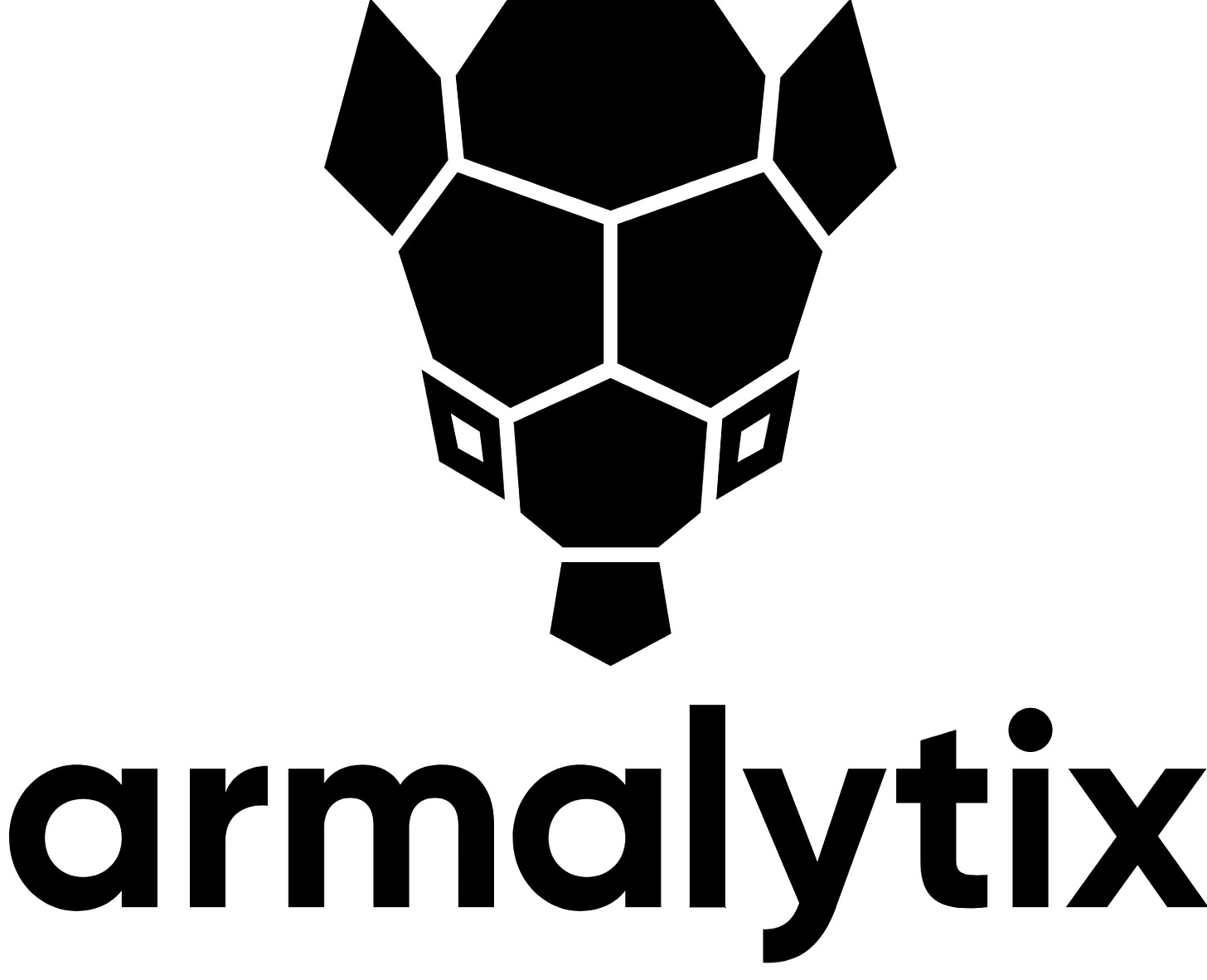The taxman cometh
Illinois and Ohio could be just the start, Sunak’s electoral hot water, Australian credit card ban +More
Illinois and Ohio might not be the only states to review gambling tax.
In +More: More Bovada moves, rumored Entain class action.
Genny lec: Sunak aide in hot water but Tories stay schtum on gambling.
Australian credit card and crypto ban comes into effect.
If you start me up, I'll never stop.
Gambling’s tax burden
Trendsetters: Ohio doubled its sports-betting tax rate from 10% to 20% last year, and now Illinois has overhauled its sports-betting tax rate, shifting from a flat 15% to a graduated rate starting at 20% and climbing up to 40%. Unsurprisingly, there is rampant speculation that other states will follow in their footsteps.
The political appetite, or lack thereof, to increase taxes is a complex issue, dependent on various factors.
Puts and takes: Budget deficits and missed tax revenue projections are at the top of the list, but market size is also a significant consideration. It’s much easier for Ohio or Illinois to increase its tax rate without fear of an operator exodus than a state like Wyoming or Maine – there is also far more to gain from the state’s perspective.
Eilers & Krejcik Gaming pointed to budget deficits in a recent note, along with three other factors:
Governor and/or legislative leadership supporting/championing a tax rise.
Below average tax rates or average tax rates with unlimited promotional credit deductions.
Previous legislative attempts to increase tax take.
On the opposite side of the ledger, there are obstacles standing in the way. The Sports Betting Alliance’s Jeremy Kudon listed several in a tweet:
“States, like Massachusetts and New Jersey, will be hard-pressed to raise taxes on sportsbooks that have offices or HQs in the state.”
“Others, like Indiana and Kentucky, have GOP-controlled legislatures that are allergic to high taxes.”
“Still others, like Colorado, Maryland and Louisiana, set their tax rates in those states’ constitutions.”
An eye on Pennsylvania
Keystone: Considering the complexity, one state stands out as a possible contender to increase the burdens on its sports-betting operators: Pennsylvania.
Around the margins: The state is unlikely to raise its tax rate, currently at a hefty 36%. However, it could increase the tax burden on sports-betting operators by eliminating or phasing out promotional deductions, which bring the state’s effective tax rate under 25%.
By phasing promotional credit deductions down or even out, Pennsylvania could increase the state’s current tax obligation of licensed sportsbooks by nearly 10% without raising the tax rate a single percentage point.
There is plenty of precedent for Pennsylvania to revisit promotional deductions. Two states, Colorado and Virginia, have already amended their rules regarding promotional deductions.
Colorado passed legislation in May 2022 that decreased the amount of promotional deductions an operator could claim over time. Following the bill’s passage, operators could write down 2.5% of monthly sports-betting handle as promotional credits – the percentage phases down further over time to 1.75% in July 2026.
Virginia passed legislation through the state budget that phased out promo deductions in July 2022. Before the change, operators could fully deduct promotional credits and bonuses. Promotional play was limited to the first 12 months of operation following the change.
BetComply works with many of the biggest names in iGaming to deliver the most trusted compliance consultancy on the market. The team boasts unmatched expertise across the field and offers a complete range of support, including regulatory, technical, legal, and outsourcing.
For more information about how BetComply can help your business in regulated markets worldwide, visit: https://betcomply.net
+More
Stop it now: Connecticut is readying a cease-and-desist letter to send to unregulated betting and gaming site Bovada, a representative from the state’s gaming regulator confirmed to Covers.com.
The move follows a similar letter being issued by the Michigan Gaming Control Board.
Delightful: A law firm is reported to be preparing a shareholder suit against Entain over the HMRC action related to the company’s previous activities in Turkey. The Guardian reported the firm Fox Williams is set to “offer institutional investors the opportunity to recover substantial losses but more importantly serve to improve transparency and governance within the UK’s gambling sector.”
Entain told the paper it had no knowledge of the legal action.
More Dutch fines: The gambling regulator in the Netherlands, the KSA, has handed penalties to unlicensed operators LCS Limited and Blue High House for continuing to offer online gambling in the country.
The independent review into SkyCity Adelaide’s casino license suitability will continue after being put on hold last February. This follows the conclusion last week of the AUSTRAC action against the company. The reports’ due date is in December.
Head of Compliance – Cape Town
Responsible Gaming Manager – Malta
UK election
Fishy Rishi: The UK Gambling Commission is reported to be investigating a bet on the date of the upcoming UK general election struck by one of Prime Minister Rishi Sunak’s closest advisors a matter of days before the PM called the surprise poll.
We see you: The Guardian reported that Craig Williams MP placed a £100 bet three days before the announcement. The MP told the paper the Commission had made inquiries and he “thought it best to be totally transparent.”
“I put a flutter on the general election some weeks ago,” he added. “This has resulted in some routine inquiries and I confirm I will fully cooperate with these.”
The bet was struck at odds of 5/1.
Red rags: The bet was made online with Ladbrokes, which is owned by Entain, and raised a red flag due to Williams being on its list of politically exposed people. The company immediately informed the Gambling Commission.
All quiet on the manifesto front
Genny lec: The Conservative Party made no mention of gambling in its 76-page manifesto. However, the Liberal Democrats – which conceivably could take second place in terms of seats going by some estimates – has made a pledge on “implementing affordability checks” alongside five other pledges to “combat the harms of problem gambling.”
These include restricting gambling advertising, though the manifesto doesn’t go into detail.
The Lib Dems would also follow through with the current plans to introduce the compulsory levy, establish the Gambling Ombudsman and take “tough action” against black market gambling.
Shhhh: The Labour Party manifesto will be published later today, Thursday June 13, and the UK industry will no doubt be scanning the text for any new pledges. Neither Reform nor the Greens made mention of gambling in their respective manifestos.
Australian credit card ban
Declined: A ban on the use of credit cards or cryptocurrencies to fund online gambling accounts has officially come into force in Australia. The move mirrors a similar ban on the use of credit cards at land-based facilities.
The amendment to the Interactive Gambling Act 2001 had been approved last year.
Any failure to comply will result in a fine of up to A$235k ($156k).
Protection: Communications minister Michelle Rowland said the changes would help to protect vulnerable Australians and said the government would announce further reforms in due course. “Australians should not be gambling with money they do not have,” she said.
“This ban builds on the significant progress to minimize gambling harm that the Albanese government has made over the past two years, which is already benefiting thousands of vulnerable Australians,” Rowland added.
Support: The credit card ban has found vocal support from an industry trade body, which has called for the ban to be extended to cover online lotteries. Kai Cantwell, the CEO of Responsible Wagering Australia – which represents online wagering companies, including bet365, Sportsbet and Unibet – said the move was an “important measure to protect customers, making it easier for people to stay in control of their own gambling behavior.”
But he added that if consumer protection measures “aren’t consistent” it will incentivise vulnerable Australians to move to less-regulated types of gambling.”
GuardDog, powered by Underdog, is a pioneering investment fund dedicated to fostering innovation in responsible gaming.
GuardDog supports and accelerates early-stage startups focused on building new and creative solutions to address problem gaming and further responsible gaming.
Ready to be one of the underdogs of responsible gaming?
Visit to apply: https://underdogfantasy.com/guarddog
Brazil deadline
August rush: Gambling companies wanting to operate legally in Brazil when the country’s new regulatory framework comes into force next year have until August 20 to apply for a license, Régis Dudena, president of the Prize and Betting Secretariat (SPA) has revealed.
Speaking at an event in São Paulo, the SPA chief said companies can apply for authorization at any time, but if they want to start the next year regularized, they must meet the August deadline.
Approved operators will be notified before November 18 and will have until December 18 to pay the license fee of BRL30m ($5.6m).
The SPA expects authorizations to be granted on December 31.
From January 1, 2025, all companies operating in Brazil without SPA authorization will be doing so illegally and may receive sanctions.
The power of one: According to the SPA, over 130 companies have expressed an interest in obtaining the federal license, but only one – Kaizen Gaming, owner of the Betano brand – has registered in the Ministry of Finance’s Betting Management System (Sigap).
Dudena reiterated that foreign companies wishing to operate in Brazil need a local subsidiary in which a Brazilian must own at least 20% of the shares.
In it to win it: Meanwhile, the State Lottery of Rio de Janeiro (Loterj) has published the accreditation edict for the operation of instant lottery in the state. Licenses will be granted for 10 years, with operators paying Loterj a remuneration of 5% of GGR. The minimum payout must be 59%.
Calendar
Jun 18-20: Canadian Gaming Summit
Jul 17-20: National Council of Legislators from Gaming States, Pittsburgh
Spot the customers you shouldn't be dealing with and keep the others playing:
Regardless of the white paper, you’ve got to do AML checks.
Understand your players financial situation with simple, effective Armalytix AML checks.
Enhanced financial risk checks are coming. Use the same technology to create specific checks for these.
Set the risk levels to your business needs.
Increase conversion, keep customers and meet regulations.
Straightforward. Get in touch.
An +More Media publication.
For sponsorship inquiries email scott@andmore.media.












